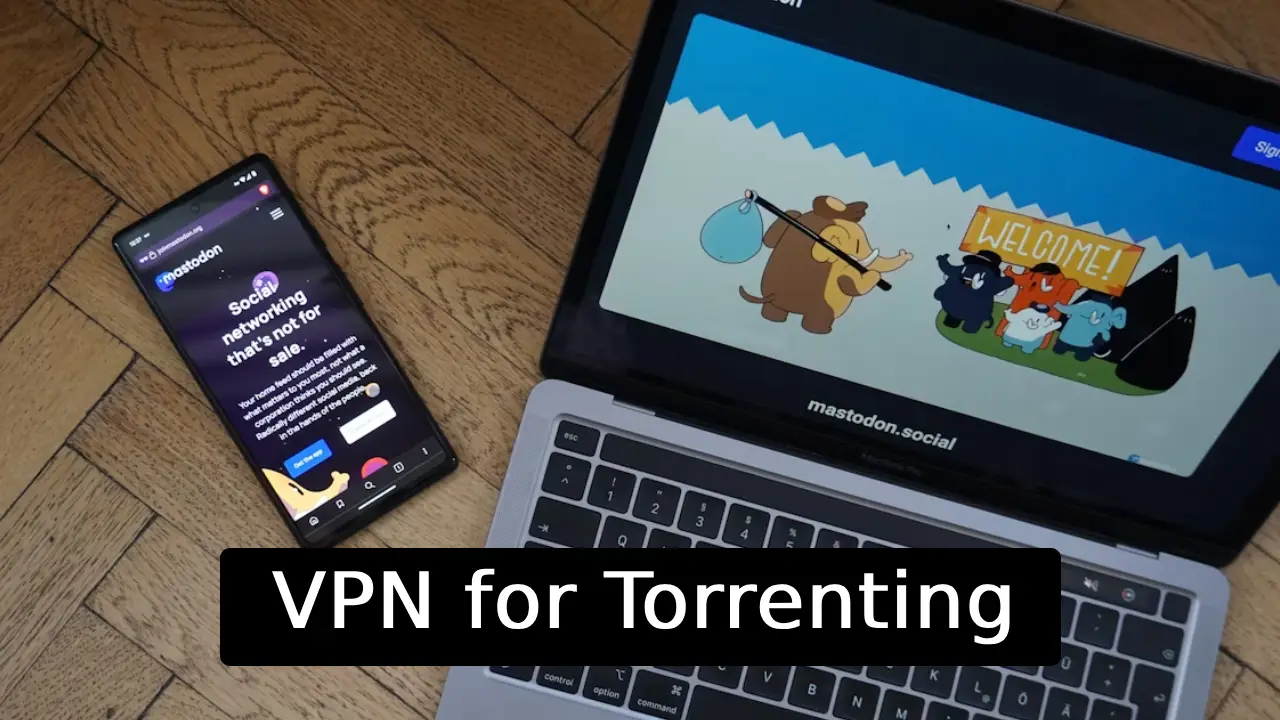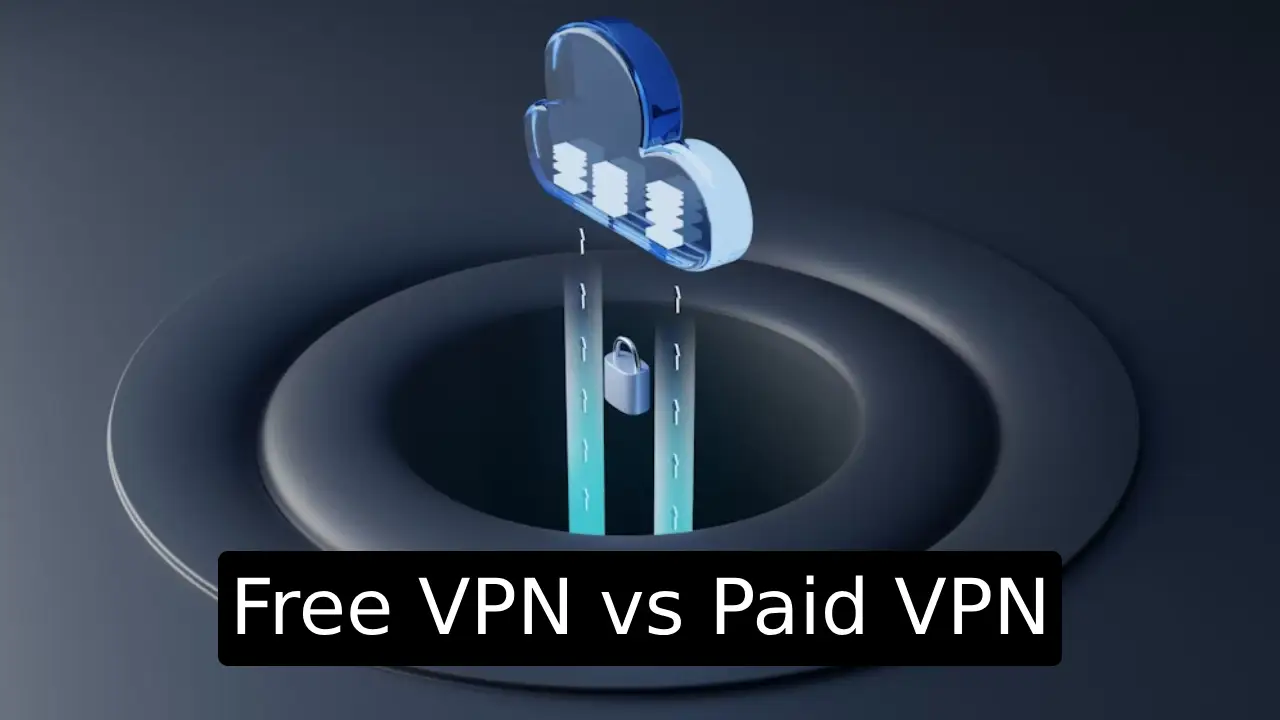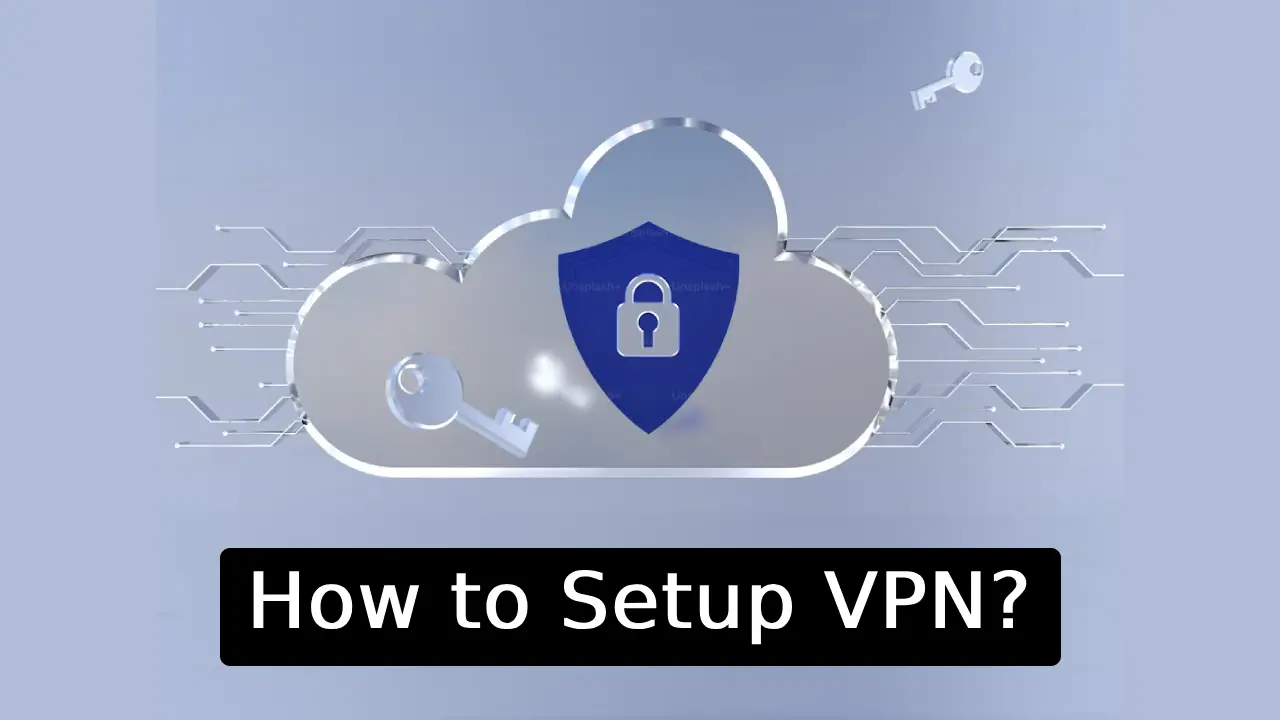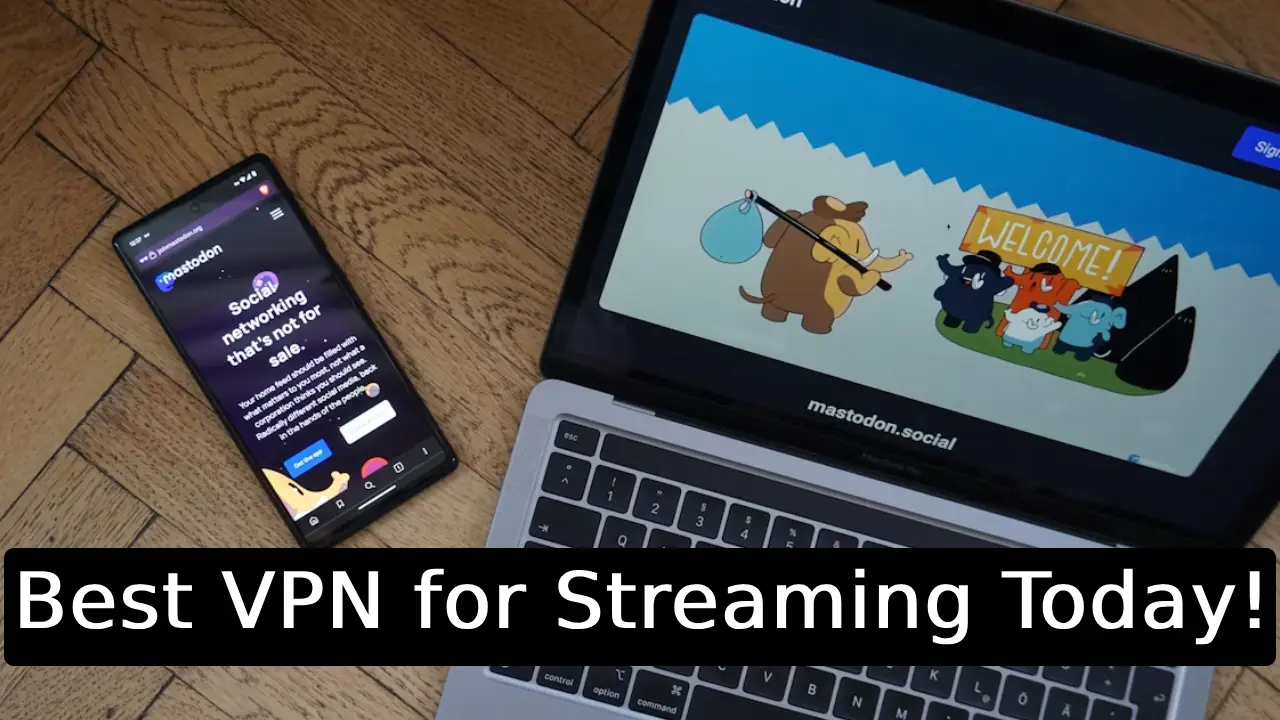VPN for torrenting isn’t just a luxury—it’s an essential shield for anyone engaging in P2P file sharing. Without it, you’re dangerously exposed. Torrenting directly connects your IP address to every peer in the swarm, broadcasting your location and activity to copyright trolls, hackers, and your ISP. This guide cuts through the noise to reveal the top services that keep your torrents anonymous, secure, and fast.
Why Torrenting Without a VPN is Risky Business
When you torrent unprotected, your real IP address is visible to everyone else in the swarm. This creates glaring vulnerabilities:
- Copyright Strikes & Fines: Copyright holders monitor swarms, logging IPs to send infringement notices via your ISP. Repeat offenses can lead to fines, throttled speeds, or service termination.
- Hacker Exposure: Malicious peers can target your exposed IP for DDoS attacks, malware injection, or network intrusion.
- ISP Throttling: ISPs often slow down (throttle) P2P traffic. Without encryption, they easily identify and restrict torrenting speeds.
- Legal Grey Areas: While torrenting itself is legal, downloading copyrighted material isn’t. Lack of anonymity makes you an easy target for enforcement.
Must-Have VPN Features for Safe Torrenting
Choosing any VPN won’t suffice. Look for these critical features specifically designed for secure torrenting:
P2P-Optimized Servers
Specialized servers are configured for high-bandwidth torrenting, minimizing speed loss and ensuring reliable connections to peers. Avoid VPNs that restrict P2P to limited locations.
Military-Grade Encryption (AES-256)
This unbreakable encryption standard scrambles your traffic, making it impossible for ISPs, governments, or snoops to see you’re torrenting or access your data.
Automatic Kill Switch
A non-negotiable safety net. If your VPN connection drops unexpectedly, the kill switch instantly blocks all internet traffic, preventing your real IP address from leaking into the swarm.
Strict No-Logs Policy
Choose providers independently audited to prove they never store records of your online activity, connection timestamps, or original IP address. Jurisdiction matters too—avoid countries with invasive data laws.
Blazing-Fast Speeds
Torrenting demands bandwidth. Look for protocols like WireGuard and extensive server networks to prevent frustrating slowdowns during large downloads. Check independent speed tests for real-world results.
DNS & IPv6 Leak Protection
Robust VPNs ensure your DNS requests (which reveal visited sites) and IPv6 traffic are routed securely through the encrypted tunnel, not your ISP.
Top 7 VPNs for Torrenting in 2024 (Tested & Verified)
Based on rigorous testing for P2P support, security, speed, and privacy:
- NordVPN: Our top pick. Massive P2P-optimized global network, lightning-fast WireGuard (NordLynx), obfuscated servers, proven no-logs policy, and seamless kill switch. Excellent for heavy-duty torrenting. Learn more.
- Surfshark: Best budget powerhouse. Unlimited simultaneous connections, strong encryption, reliable kill switch, CleanWeb ad/malware blocking, and audited no-logs. Great value for families.
- ExpressVPN: Premium speed & reliability. TrustedServer tech (RAM-only), wide P2P support, split tunneling, and based in privacy-friendly British Virgin Islands. Consistently high performance.
- Private Internet Access (PIA): Highly configurable. Massive server fleet, advanced settings for tech-savvy users, proven no-logs in court, and port forwarding support for better seeding ratios.
- CyberGhost: User-friendly choice. Dedicated torrenting profiles, optimized servers, strong security features, and a transparent no-logs policy. Ideal for beginners.
- Proton VPN: Swiss privacy champion. Free tier with basic P2P support, strong core security, Secure Core architecture, and open-source apps. Paid plans offer high speeds.
- IPVanish: Strong US option. Owns its server network, supports SOCKS5 proxy (for client configuration), unlimited connections, and good speeds for P2P.
Setting Up Your VPN for Torrenting: Quick Guide
- Choose & Subscribe: Pick a VPN from our top list above and sign up.
- Download & Install: Get the app for your device (Windows, macOS, Linux, Android, iOS).
- Connect to P2P Server: Open the app and connect to a server explicitly labeled for P2P/torrenting.
- Enable Kill Switch: Ensure the kill switch is activated in the VPN app settings.
- Verify IP/DNS: Use sites like DNSLeakTest or ipleak.net to confirm no leaks before opening your torrent client.
- Torrent Securely: Launch your torrent client (qBittorrent, uTorrent, etc.) and download/seed as usual. Your real IP is now hidden.
Legality: Understanding the Torrenting Landscape
Important Distinction: Using BitTorrent technology itself is perfectly legal. It’s a legitimate tool for distributing large files (Linux ISOs, open-source software, public domain content). The legality issue arises solely from downloading or sharing copyrighted material without permission. A VPN for torrenting protects your privacy regardless of what you’re downloading, but it does not make illegal activities legal. Always respect copyright laws and use P2P networks responsibly. For more on copyright, visit the Electronic Frontier Foundation.
Torrenting VPN FAQs
Q: Can I use a free VPN for torrenting?
A: Highly discouraged. Most free VPNs lack essential features (kill switch, strong encryption), impose data caps, throttle speeds severely, log your activity, or even inject ads/malware. Some actively block P2P traffic. Paid, reputable providers are essential for safe torrenting.
Q: Will a VPN slow down my torrent speeds?
A: Any encryption adds overhead, but top-tier VPNs minimize this impact. Using nearby P2P-optimized servers and protocols like WireGuard often results in speeds fast enough that the bottleneck becomes the swarm itself, not the VPN. Avoid distant servers.
Q: Is it safe to seed torrents with a VPN?
A: Yes, and it’s encouraged for healthy P2P networks. Your VPN hides your IP while seeding. Ensure your kill switch is active and consider using a VPN that allows port forwarding (like PIA) for better seeding efficiency and connectivity.
Q: Can my ISP see I’m torrenting if I use a VPN?
A: No. A properly functioning VPN with strong encryption (like AES-256) hides all your traffic details. Your ISP will only see encrypted data flowing to the VPN server IP, not that you’re using BitTorrent or what files you’re transferring. They can’t throttle based on protocol.
Secure Your Torrents Today
Don’t gamble with your privacy and security while torrenting. The risks of exposure—copyright hassles, ISP throttling, and cyber threats—are very real. Investing in a dedicated VPN for torrenting equipped with P2P servers, military-grade encryption, a failsafe kill switch, and a strict no-logs policy is the only way to ensure your P2P activities remain anonymous and secure. Choose one of our top-rated providers, configure it correctly, and torrent with confidence. For further security tips, explore our guide on improving online privacy.




